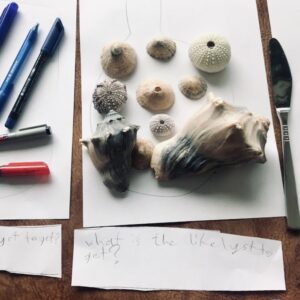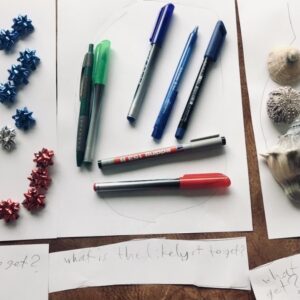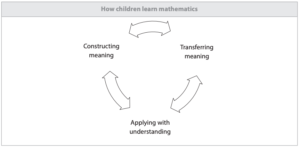Math Inquiry during Home Learning
During home learning, teachers use live lessons and online tasks that are assigned on Toddle Classroom to help students (learning partners) to continue to learn various subject knowledge, concepts and skills. Toddle is a collaboration platform for Primary Years Programme (PYP) teachers, designed by PYP teachers. As teachers plan for the learning experience for home leaning, they consider the home environment that can support learning. The children are encouraged to use any objects they have or can find at home.
In our current Grade 3 Math unit, we inquire into how we can collect, organize and record data, and what the probability of a future event or consequence of action might be. As they have been exploring this topic for a while, they were given a chance to extend their thinking by doing an experiment. Learning partners had an optional math task that requires them to find and organize items and predict & record the likelihood of pulling a specific item from an imaginary bag.
Math: Optional: Making your own experiment
Learning intentions
- Investigating likelihood/chance
Learning experience instructions
Choose three different items of which you have several pieces at home. For instance; Lego figures or blocks, toy cars, Playmobil figures or blocks. Again, it can be anything you have plenty of.
- Explain what it would be unlikely to pull from an imaginary bag filled with your items.
- Explain what it would be likely to pull from an imaginary bag filled with your items.
When designing your experiment, think of the different tasks about likelihood/chance we solved during live sessions and in learning tasks. You can take a picture of your items and explain your findings by using your microphone.
This learning experience provides them with the opportunity to extend and apply what they learn and at the same time to be creative. Through this task, the learning partners are encouraged to apply the IB PYP approaches to learning (AtL) skills, particularly self-management, thinking and communication skills when finding suitable items for the experiment to show their understanding of using terms, such as ‘impossible’, ‘unlikely’, ‘likely’ and ‘certain’ appropriately.



This is one of the examples that a G3 learning partner, Svea, submitted as a response to the task. Based on the photos and a video she shared, she demonstrated a solid understanding of likelihood in her own terms by presenting and explaining her experiment in a video message.
She completed the task independently and thoroughly while demonstrating the learner profile of an inquirer, thinker and communicator.
‘…The power of mathematics for describing and analysing the world around us is such that it has become a highly effective tool for solving problems….’ Source: IB PYP: Mathematics Scope and Sequence

Source: IB PYP Mathematics Scope and Sequence.2018.

